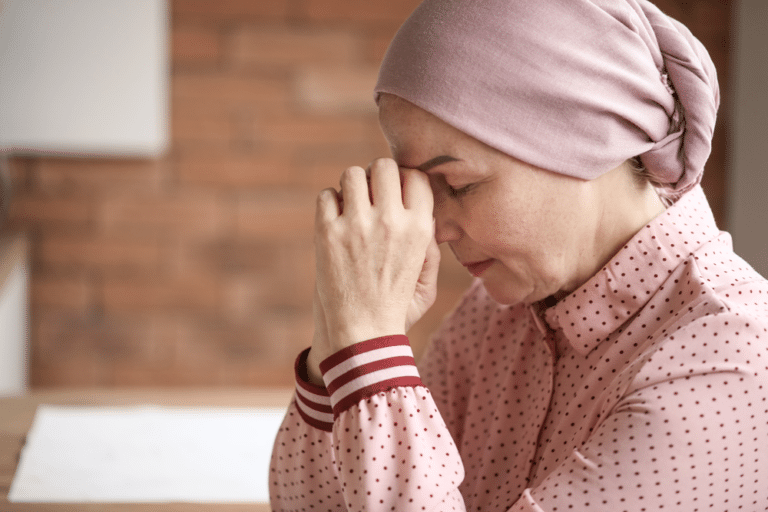People from religious backgrounds such as Christians, Muslims, Sikhs, Hindus and others are known to suffer from addictions and other related mental health disorders, indicating that religious beliefs, observance or practice does not guarantee immunity to addiction. However there is evidence to suggest it may offer some protection and may consequently be an important factor for some people to recover from substance use disorder.

People who have had a strong attachment to their faith, even though not currently observing its doctrines probably in part due to drug abuse and addiction, struggle to admit to such problems and to seek help. This is because they know that the attitudes, behaviours and lifestyles associated with addiction run counter to the values which underpin a person’s life.
Shame and guilt are commonly experienced by religious people suffering from substance abuse problems but perhaps with greater intensity by those who retain some degree of religious affiliation and identity. This tends to lead to efforts to cover up the condition, which in turn postpones help-seeking, which in its turn risks a worsening of the drug and alcohol addiction. The cover-up may be to ensure families are kept unaware although it is not uncommon for families who are aware of the substance abuse problem to collude with secrecy out of a shame-based fear of social stigma.
Researchers have discovered that spirituality and religious observance can improve health and the quality of life for many people. A mediating role in stress reduction and other mild mental health issues seems to be one benefit.
So while faith communities may not protect a proportion of followers from becoming addicted, it may be something for some individuals with which to re-engage in order to advance and sustain their recovery. Among the recovering population are many people who report that religion and addiction recovery go hand in hand and that spirituality played a positive and even essential part in their sobriety.

One potential benefit is the community created in part by the religion. Positive social networks are known to enhance the chances of recovery, as is a renewed sense of purpose and spiritual awakening. This is where the 12-Step programme espoused by mutual-aid fellowships such as Alcoholics Anonymous and Narcotics Anonymous has much to offer.
Despite their Christian antecedents they are not religious fellowships as such. They nonetheless offer a socially supportive approach to recovery that has a spiritual dimension, including the concept of a “higher power”. Christians and non-Christians alike, looking to recover from alcohol or drug addiction, find this element alone complements their own religious affiliation.
An important contributing factor to a positive outcome is that the model of help provided should make sense to the person receiving it. For this reason, people with a religious background may find a faith-based treatment service such as, for example, a Christian Treatment Centre or faith based programs aligned with Islam suits and motivates them to recover. High quality addiction treatment services that are non-denominational ordinarily make provision to enable an appropriate response to people of particular faiths.
At Clinic Les Alpes, we offer faith-based addiction treatment programs to those striving to get out of drug and alcohol abuse and have a better life.
Our addiction recovery program is designed to help individuals find healing and balance in their lives with spiritual growth. We believe that addiction recovery requires an understanding of both the physical and spiritual aspects of the disease. Through our faith-based approach, we can provide a comprehensive substance abuse treatment plan that includes religious services, individual counseling, support groups, 12 step programs, behavioral therapies and other mental health resources.
Our luxurious rehab set on top of the Swiss Alps creates an environment of hope and acceptance while also providing the tools necessary to achieve long-term sobriety. Our team of experienced clinicians understand the struggles associated with drug addiction and is here to help you find the path to a better life through faith based recovery. Contact us today.